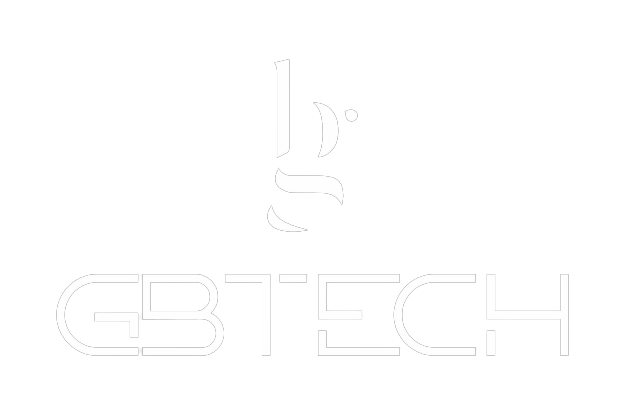AI Gets Regulated: What the EU AI Act Means
Artificial intelligence has rapidly transformed industries and daily life. From self-driving cars to medical diagnoses, AI is increasingly making decisions that impact us all. Recognising the potential benefits and risks of this powerful technology, the European Union has taken a decisive step by introducing the AI Act.
As of today, August 1, 2024, the EU AI Act has officially entered into force. This groundbreaking legislation marks the world's first comprehensive legal framework for AI, aiming to ensure its responsible development and deployment. But what exactly does this mean for businesses and individuals alike? Let's break it down.
Understanding the EU AI Act: Key Features
The AI Act categorises AI systems based on their risk level. Here's a closer look at each category:
High-risk: These systems pose a significant threat to fundamental rights, safety, or livelihoods. Examples include facial recognition software used for law enforcement or AI-powered recruitment tools. High-risk systems face stringent rules to ensure their safe deployment.
Medium-risk: Systems in this category carry a moderate risk, such as chatbots or credit scoring algorithms. While these systems require oversight, the regulatory burden is lighter compared to high-risk systems.
Minimal-risk: These systems pose minimal risk, like basic spam filters or image recognition apps. They are subject to the least amount of regulation, allowing for more flexibility in their development and use.
High-Risk System Requirements
High-risk systems face the most stringent rules, which include:
Human oversight: A human must be involved in critical decisions made by the AI system to ensure accountability and safety.
High-quality data: Training data must be representative, free from bias, and secure, ensuring that AI systems make fair and accurate decisions.
Robust risk management: Developers need to assess and mitigate potential risks throughout the system's lifecycle to prevent harm and ensure compliance.
Transparency: Users should understand how the AI system works and why it makes certain decisions, fostering trust and accountability.
Ban on certain practices: Practices like using AI for social scoring or manipulating people's emotions are prohibited to protect fundamental rights and freedoms.
Who Does the AI Act Affect?
The AI Act primarily impacts businesses that develop, deploy, or use AI systems within the European Union (EU). This includes companies headquartered in the EU and non-EU companies offering their AI services or products in the EU market.
Although the UK is no longer an EU member, the Act will still significantly impact UK businesses operating in the EU market. Companies selling AI products or services within the EU must adhere to the Act's requirements. This could involve significant adjustments to product development, data handling, and transparency practices.
What Should Businesses Do Now?
The good news is there's still time to adapt. Here are some essential actions businesses should initiate:
Classify your AI systems: Assess your AI systems and determine their risk category under the Act. This will help define the level of compliance required.
Audit your data practices: Ensure your AI systems are trained on high-quality, unbiased data that complies with data protection regulations like GDPR.
Implement robust risk management: Identify potential risks associated with your AI systems and develop strategies to mitigate them.
Develop clear documentation: Create transparent documentation explaining how your AI systems work and make decisions.
Ensure human oversight: Establish mechanisms for human intervention when necessary, especially for high-risk systems.
Stay informed: Keep up-to-date on the Act's implementation details and potential future amendments.
The Road Ahead
The AI Act represents a significant step towards fostering responsible AI development in the EU. By prioritising ethical considerations, the Act aims to build trust in AI and ensure its positive impact on society. Businesses that embrace the act’s principles and apply AI responsibly, will be well-positioned to navigate this new scenario and contribute to a future where AI serves the greater good.
Resources for Further Understanding
Official EU AI Act website: EU AI Act Information
European Commission Press Release: EU AI Act Press Release
